Dear Friends,
I'm heading off to play "Grandma" for a few days! While I'm away, I thought you might enjoy this interview about "Mary's Way" by CatholicMom.com founder Lisa Hendey. I am so grateful and honored that "Mary's Way" bears the CatholicMom.com imprint and pray that you will find the book to be a powerful resource in praying for your children and grandchildren.
Grace, peace and blessings to you and yours! Judy

From Lisa: Today, we celebrate the launch of our newest CatholicMom.com Book Imprint title, "Mary’s Way: The Power of Entrusting Your Child to God," by our very own Judy Landrieu Klein. From the moment I met Judy a few years ago, there was a grace about her that drew me in. In a way, I had “known” her through my great fondness for her daughter Kara Klein, who was already a friend of mine. It didn’t surprise me that such a gifted and graceful young woman would have a lovely mother.
But in better coming to know Judy’s story over the past few years, my initial respect for her has only deepened over time. We came to know some of Judy’s challenges and triumphs in her first book, "Miracle Man." But with "Mary’s Way," we learn more about how Judy’s powerful intercessory relationship with our Blessed Mother has helped her in her own spiritual perseverance and in the parenting of her children. Whether you are a mom of young ones or of young adults, or even not a mom at all, you will benefit from the mature wisdom Judy shares in this book. In my friend Judy, you will find a mentor who doesn’t candy coat life’s most difficult trials. Rather, you’ll discover a companion for your own moments of need, as Judy holds your hand and leads you into Mary’s Immaculate Heart. I hope you enjoy our conversation today and that you’ll make this important book a part of your spiritual library.
Q: Judy, congratulations on the launch of "Mary’s Way: The Power of Entrusting Your Child to God"! And a huge thank you for being a contributor to our family here at CatholicMom.com. Please briefly introduce yourself and your family to our readers.
I’m thrilled to be part of the Catholicmom.com community and especially delighted to have "Mary’s Way" honored with the Catholicmom.com imprint! As a Catholic theologian, a mom of five children and grandmother of seven, I am always looking for good resources that will help women raise their families with strong Catholic faith in a secular culture. I hope that "Mary’s Way" will be such a resource for women.
Q: What will readers discover when they open the pages of your new CatholicMom.com imprint book "Mary’s Way"?
Readers will discover our own family’s story of both suffering and finding hope in the midst of multiple tragedies, including the death of my husband, Bernie, to a massive heart attack and my son’s serious battle with drug addiction. They will discover how to surrender to God in the midst of real life problems that can seem formidable, they will find hope in the face of hardship, and they will also find specific prayers to pray for their children. But most of all, I pray that readers will discover how to look to Mary not just as a model of Christian motherhood, which she is, but also as a model of persevering in faith, hope and love in the face of suffering.
Q: Why this book at this time in your life?
It has been an ongoing source of frustration for me to bump up against what I call the “prosperity gospel” as a mother, which suggests that if I do enough and try hard enough in my relationship with God, then my life will turn out “well,” my children’s lives will be perfect and we will know nothing but “blessing.” I believe that one of the great challenges mothers encounter in this world is how to contend with the reality that we can try our very best to love God and be faithful to him, and have things turn out messy anyway. I encountered this dilemma myself, and when I began to ponder Mary’s life I realized that in spite of the fact that she was sinless and had a sinless son, her only child died a brutal, violent death upon the cross—not exactly turning out “well” by the world’s standards. And clearly it wasn’t because Mary had done something wrong or hadn’t gotten it right. Mary’s life holds the clues we need as to how to have steadfast faith and hope in the midst of the mess, and it’s what I hope to convey in "Mary’s Way".
Q: You speak openly and honestly in the book about your family’s joys and challenges and about your own faith journey. Briefly, how has our Blessed Mother been a companion for you along the way? How will the book help lead others into her loving embrace, especially those for whom Mary has not been a big part of their spiritual lives?
When I came back into the Catholic Church from evangelical Protestantism, Mary was one of the biggest stumbling blocks for me. But once I understood and embraced Marian devotion, everything changed! Today, I cannot overstate how much Mary has helped my family and how critical I believe her intercession and example are for us—particularly at this time in history when there is so much confusion about what it means to be a woman and a Christian.
I use one chapter of the book to present some basic biblical apologetics about Mary that convinced me that what the Catholic Church teaches about her is both biblical and true. But I also give concrete examples of the miracles Mary has secured for our family, of the ways consecrating myself to her healed me as a woman, and of the ways the Rosary has been a lifeline to God for me in times of deepest darkness. I hope and pray that our story will encourage others to embrace and love Mary, and especially to seek her most powerful aide.
Q: This book is very personal, which is part of what makes it so compelling. Why is it worth the personal risks you’ve taken for you to encourage other women who may be experiencing major trauma (or even minor annoyances) in their own lives?
I made a decision to be very self-revelatory in this book because I believe that so many women and families are struggling with the same issues we faced as a family. I am weary of the Pinterest-perfect world and even the Pinterest-perfect church, where we all pretend our lives are just fine while we secretly die a thousand internal deaths over our personal struggles. Knowing we are not alone in what we’re confronting, and knowing that other faith-filled people have made it through great adversity with God’s help, lends itself to both spiritual and emotional health. I pray that our story gives others hope and courage, and that it will draw them more deeply into a trusting personal relationship with God, who is so good and merciful, as well as with Mary, our loving Mother.
Q: As a theologian, how has your study of Mary enhanced the love that you have for her in your heart?
It was a great thrill for me to study the Church’s Marian doctrines and to learn not only how biblical they are, but also how incredibly beautiful they are! Learning about Mary and embracing her as my own Mother has made me love Mary, but more importantly, it’s made me love Jesus more. In the end, leading others to her Son is Mary’s greatest glory, and it’s also the most convincing proof of her God-given role as Mother, intercessor and treasure house of God’s graces.
Q: What few words of encouragement can you offer to the mom out there who feels as though her children’s lives have completely spun out of control?
First I would say to continue to pray and ask God for your children to be converted, and don’t give up! (And please do make use of the powerful prayers in "Mary’s Way"!) God is faithful to hear the cries of a mother’s heart, even if our prayers aren’t answered in our lifetimes or in a way that we will see. I think of my own mother-in-law, who prayed a Rosary for my late husband every day of her life. His conversion didn’t happen until his deathbed, and she was in her 90s and too far into dementia to understand what had happened. But her prayers were answered!!!
Second I would say to surrender your children to God in trust—to intentionally place them into God’s loving hands, which are big and strong enough to carry them. Truly, they are God’s children and He is far more invested in their salvation than we are. Trust Him to take care of them.
Finally, I would say to consecrate your children to Our Lady. (I offer a consecration prayer for children on my website.) Consecrating a child to Mary and placing them under her mantle of peace and protection is very powerful. I have seen miracles happen by doing this.
Q: What are your hopes for the women who will read this book?
My ardent prayer is that women will find deeper faith by reading "Mary’s Way" and that when they finish reading the book, they will have a renewed sense of hope that God is always acting lovingly and mercifully on their behalf, and that He can be trusted. I hope they will learn to surrender to God more deeply, and that they will come to believe that God is always about the business of working all things together for our good. When we truly believe this, we have much more peace!
Q: Judy, thank you for so generously sharing your gifts! How can we learn more about your writing and speaking?
I’d love for readers to spend some time at my website at MemorareMinistries.com. And it would be my joy to visit your parishes or conferences personally to share our stories of hope!
Q: Are there any closing thoughts you would like to share with our readers?
Faith is more than just believing in God—it is our total self-surrender to the living God in trust. That is, indeed, “Mary’s Way,” and it is the way to peace.
You can buy "Mary’s Way" at MemorareMinistries.com, at Barnes & Noble or at Amazon.com.
Copyright 2016 Lisa M. Hendey
ABOUT AUTHOR

Lisa M. Hendey is the founder and editor of CatholicMom.com and the bestselling author of the Chime Travelers children's fiction series, The Grace of Yes, The Handbook for Catholic Moms and A Book of Saints for Catholic Moms. As a board member and frequent host on KNXT Catholic Television, Lisa has produced and hosted multiple programs and has appeared on EWTN and CatholicTV. Hendey hosted “Catholic Moments” on Radio Maria and is the technology contributor for EWTN’s SonRise Morning Show. Lisa's articles have appeared in Catholic Digest, National Catholic Register, and Our Sunday Visitor. Hendey travels internationally giving workshops on faith, family, and Catholic technology and communications topics. She was selected as an Elizabeth Egan Journalism Fellow, attended the Vatican Bloggers Meeting, the “Bishops and Bloggers” meeting and has written internationally on the work of Catholic Relief Services and Unbound. Hendey lives with her family in the Archdiocese of Los Angeles. Visit Lisa at www.LisaHendey.com for information on her speaking schedule or to invite her to visit your group, parish or organization.
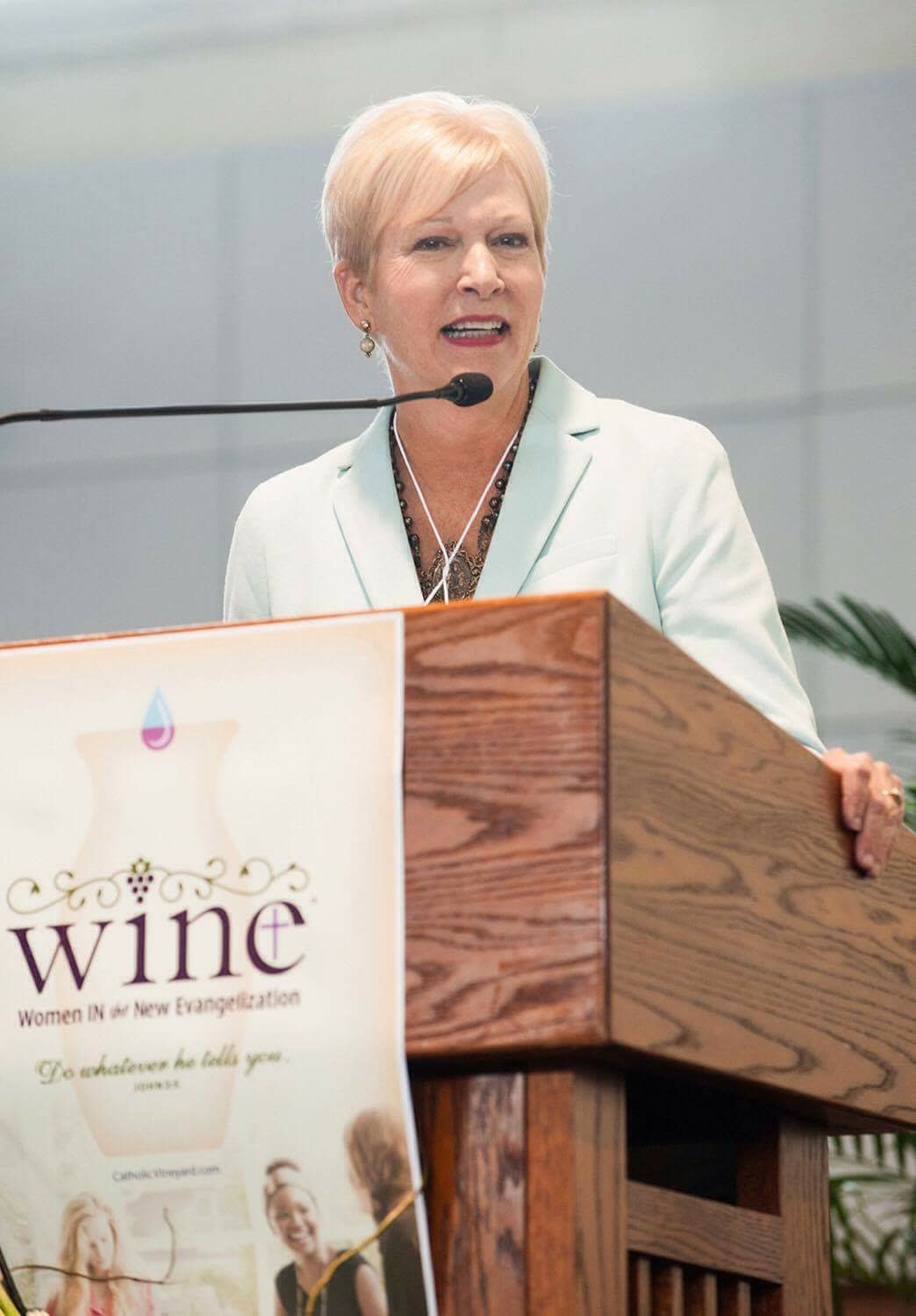

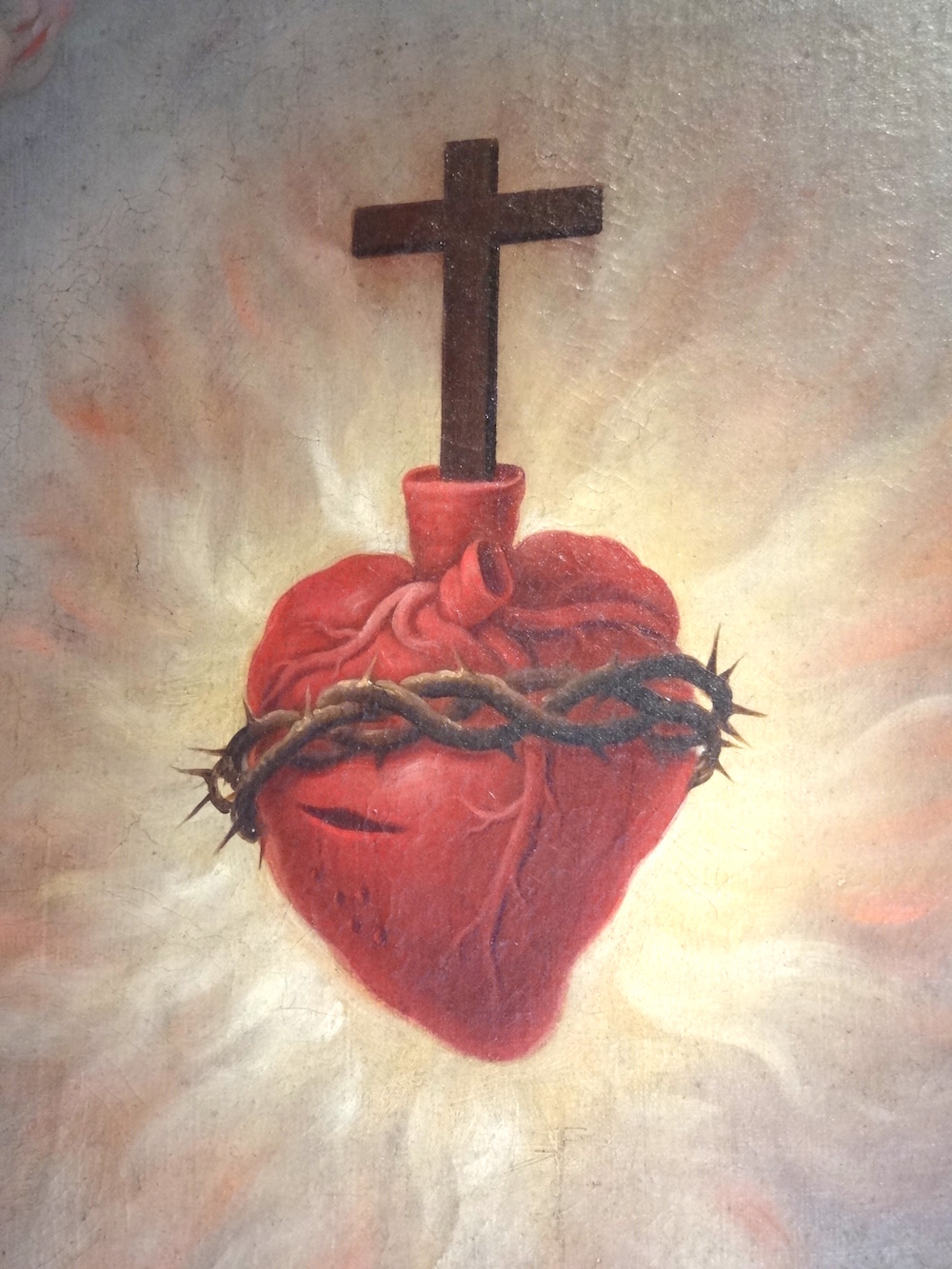
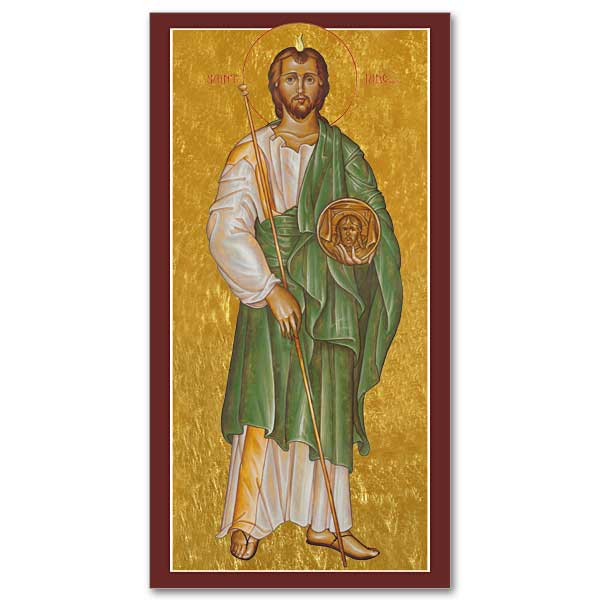
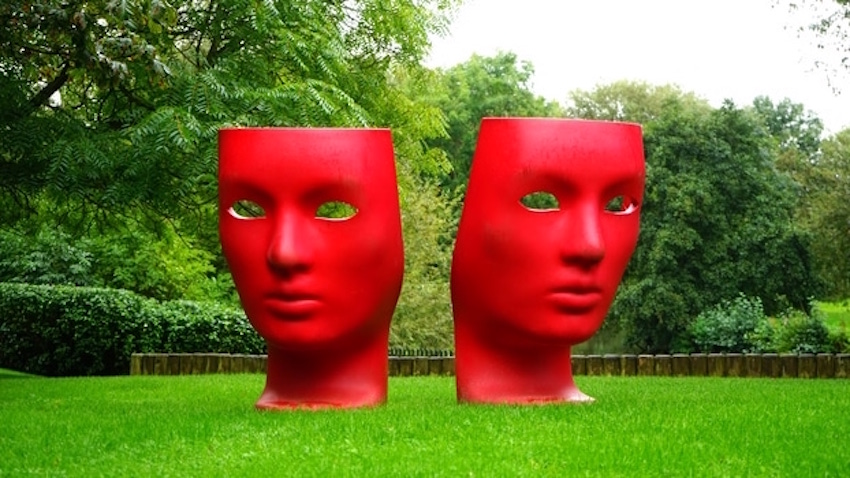


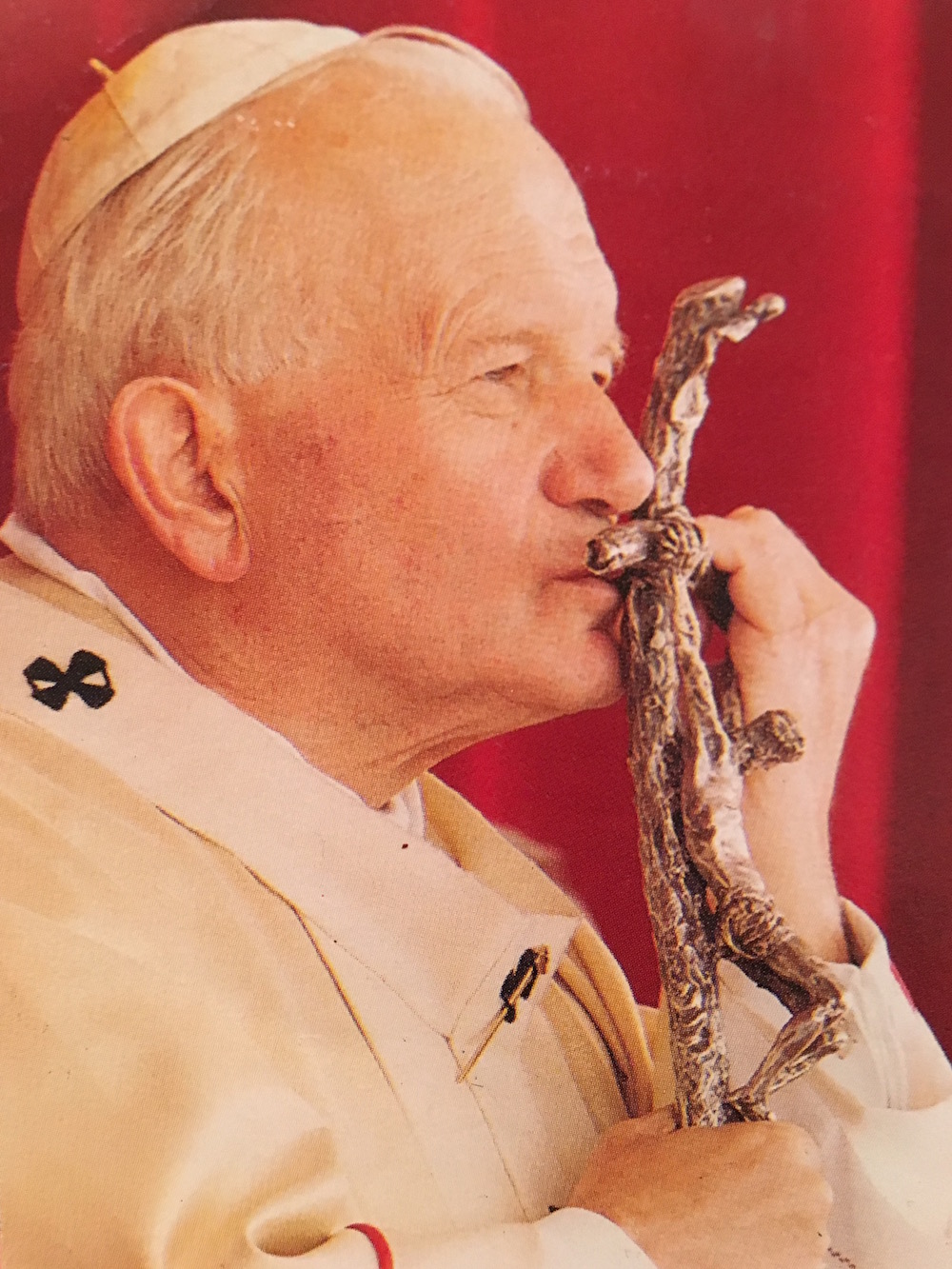
 There is an appointed time for everything, and a time for every thing under the heavens. Ecclesiastes 3:1
There is an appointed time for everything, and a time for every thing under the heavens. Ecclesiastes 3:1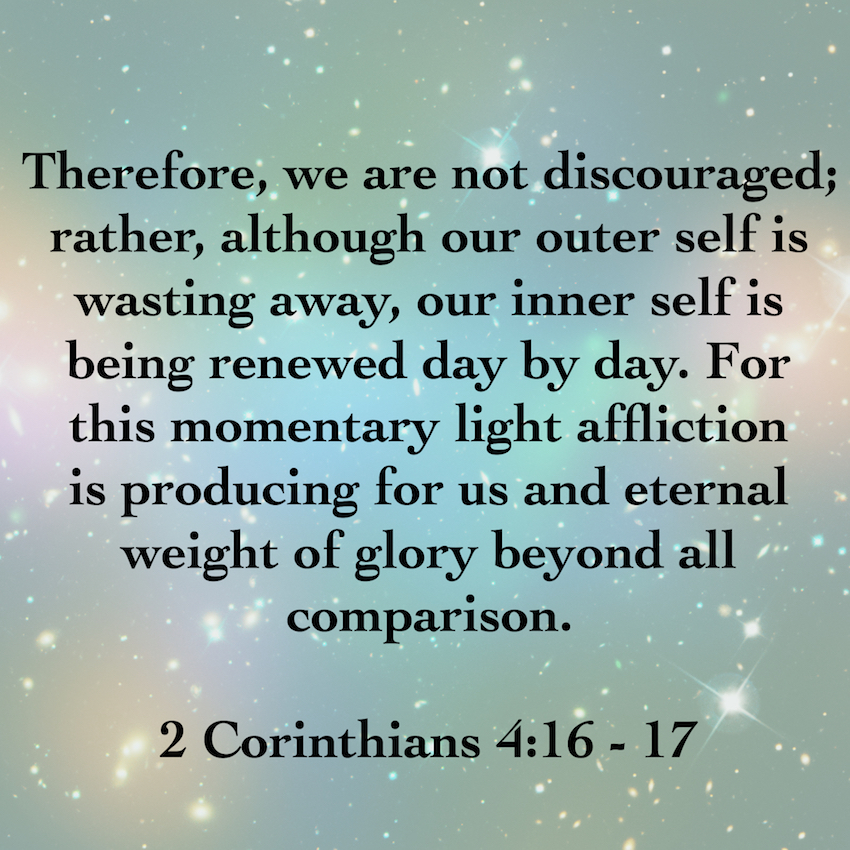
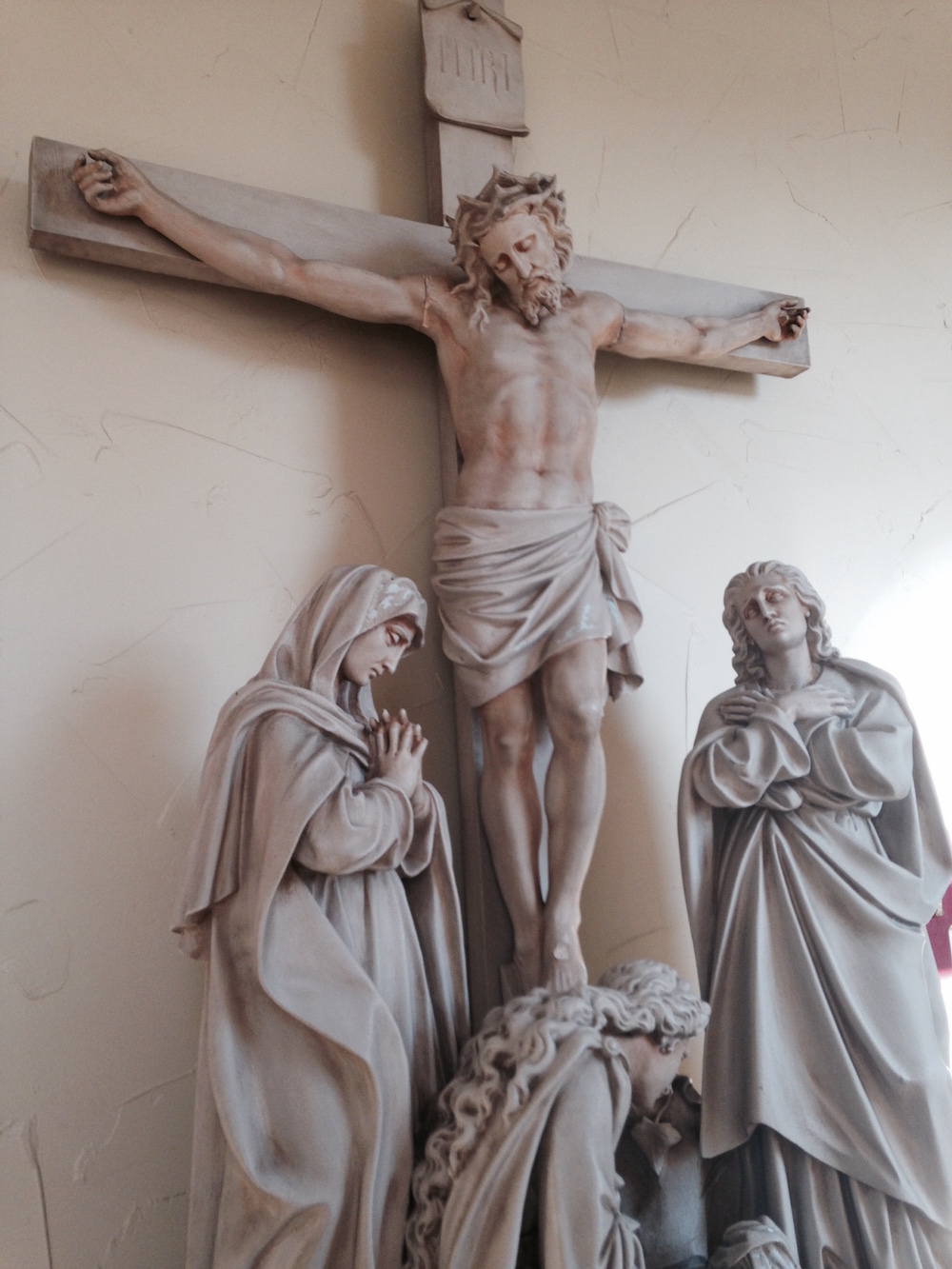 With the Feast of the Triumph of the Cross having just presented itself again on the liturgical calendar, it’s hard not to wonder: If Christ triumphed on the Cross, then why is the world such a mess?
With the Feast of the Triumph of the Cross having just presented itself again on the liturgical calendar, it’s hard not to wonder: If Christ triumphed on the Cross, then why is the world such a mess?


